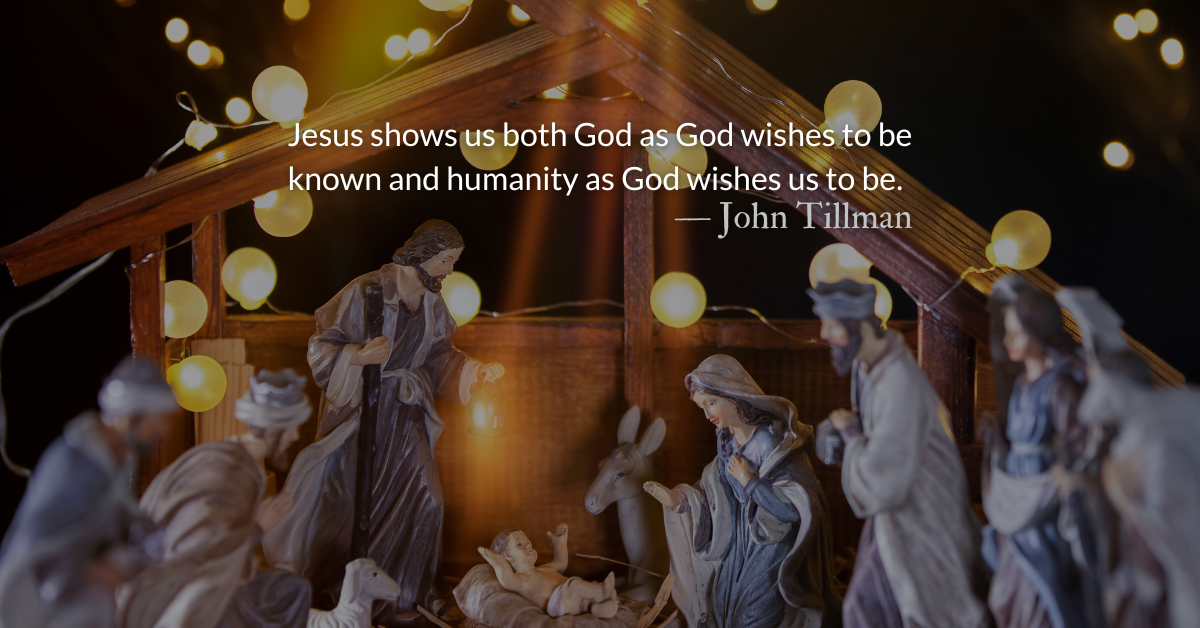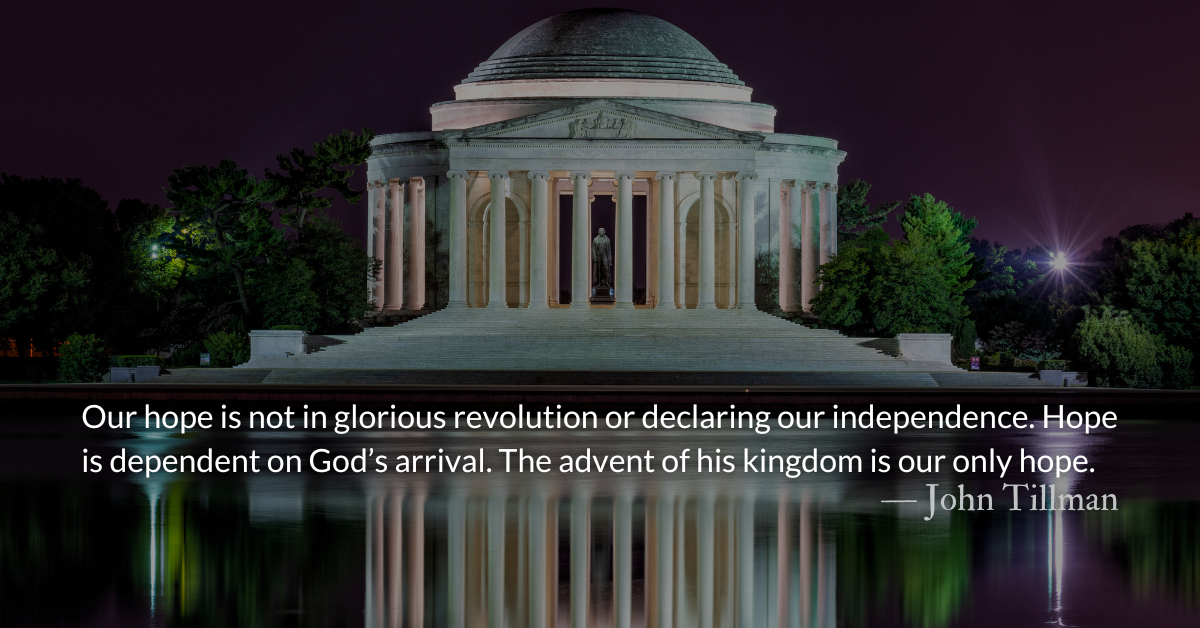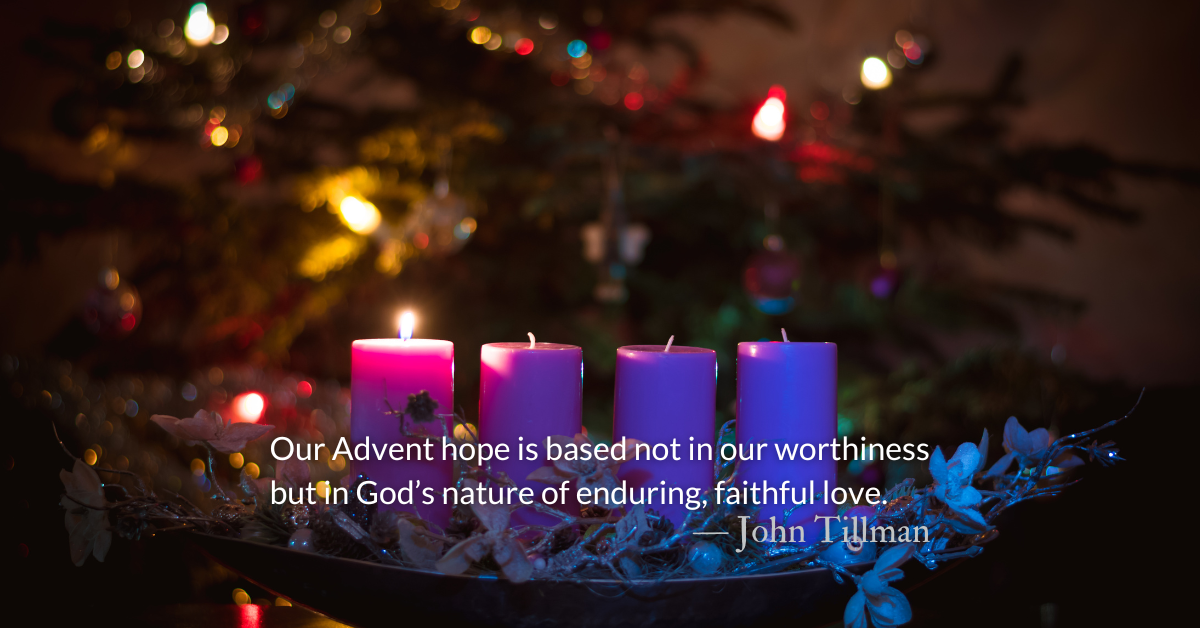Links for today’s readings:
Dec 5 Read: 2 Chronicles 5-6.11 Listen: (9:47) Read: Psalms 110-111 Listen: (1:57)
Links for this weekend’s readings:
Dec 6 Read: 2 Chronicles 6.11-42 Listen: (7:17) Read: Psalms 112-113 Listen: (1:49)
Dec 7 Read: 2 Chronicles 7 Listen: (4:07) Read: Psalms 114-115 Listen: (2:18)
Scripture Focus: 2 Chronicles 5.13-14
13 The trumpeters and musicians joined in unison to give praise and thanks to the Lord. Accompanied by trumpets, cymbals and other instruments, the singers raised their voices in praise to the Lord and sang:
“He is good;
his love endures forever.”
Then the temple of the Lord was filled with the cloud, 14 and the priests could not perform their service because of the cloud, for the glory of the Lord filled the temple of God.
2 Chronicles 6.1-2
1 Then Solomon said, “The Lord has said that he would dwell in a dark cloud; 2 I have built a magnificent temple for you, a place for you to dwell forever.”
Luke 1.35
35 The angel answered, “The Holy Spirit will come on you, and the power of the Most High will overshadow you. So the holy one to be born will be called the Son of God.
Reflection: Spirit-Filled Temples — Hope of Advent
By John Tillman
The arrival, the Advent, of God’s Spirit brings order, love, light, life, and power.
When the angel told Mary the Holy Spirit would come on her, the Most High would overshadow her, and Jesus would be the Son of God, it was consistent with many other ways God revealed himself, including the dense cloud which filled Solomon’s temple.
Solomon said God dwelt “in a dark cloud” that now filled the temple he built. Solomon referred to the pillar of cloud over the tent where Moses met with God. This cloud once showed God’s approval and presence with Moses. Now it showed God’s presence in, and approval of, the temple, a space for meeting with all people.
Throughout the Bible, God manifested his presence and appeared to his people through various means.
God’s spirit hovered over the dark chaos waters, bringing light to the darkness at creation. God’s spirit filled the nostrils of the first humans with life, turning dirt creatures into dancers, lumps of earth into gardeners, and dead matter into magistrates of the cosmos. When those human rulers rebelled, spinning creation back toward chaos and death, God’s spirit groaned with all creation over its subjugation.
Through long generations of failures, rebels, destructive villains, and faithful remnants, God’s spirit hovered over us, judged the wicked, blessed the righteous, and saved those who called on him.
God showed his character as a true God among false gods (Psalm 4.2), a righteous judge (Genesis 18.25), a promise keeper (Genesis 21.1), a bringer of life and laughter (Genesis 21.6-7), a dream giver (Genesis 37.5-11), a changer of fortunes (Genesis 41:39-43; 45.7-8), a liberator (Exodus 6.6), a destroyer of empires (Exodus 14.30-31), a sustaining source in the wilderness (Exodus 16.9-12), and a faithful shepherd to lead his people home (Ezekiel 34.11-16).
God’s ultimate self-revelation is not as cloud or fire but as Jesus. (Colossians 1.15-20) Jesus is the perfect, clear, and tangible image of God and the most real, alive, loving, gracious, caring human who has ever lived. Jesus shows us both God as God wishes to be known and humanity as God wishes us to be.
God’s Spirit brings hope wherever it hovers, alights, moves, or indwells. In this season and every season, remember that his spirit indwells you. You are more precious than Solomon’s temple and all its gold. The Holy Spirit is upon us to announce the good news of the gospel (Luke 4.16-21). As Christ’s body, we are the Spirit-filled temple through which God chooses to manifest his works and meet with all people (Ephesians 2.18-22).
Divine Hours Prayer: The Refrain for the Morning Lessons
For God, who commanded the light to shine our of darkness, hath shined in our hearts, to give the light of the knowledge of the glory of God in the face of Jesus Christ. — 2 Corinthians 4.6
– From The Divine Hours: Prayers for Autumn and Wintertime by Phyllis Tickle.
Consider Supporting Our Work
Our work needs support every month and every year. Every post and email is funded by donors just like you. Please consider becoming a donor.
Read more: Unexpectedly Tangible Presence — Hope of Advent
Rather than a non-corporeal cloud, he became a poor, unhoused, itinerant carpenter and died as a slandered, tortured rebel.






